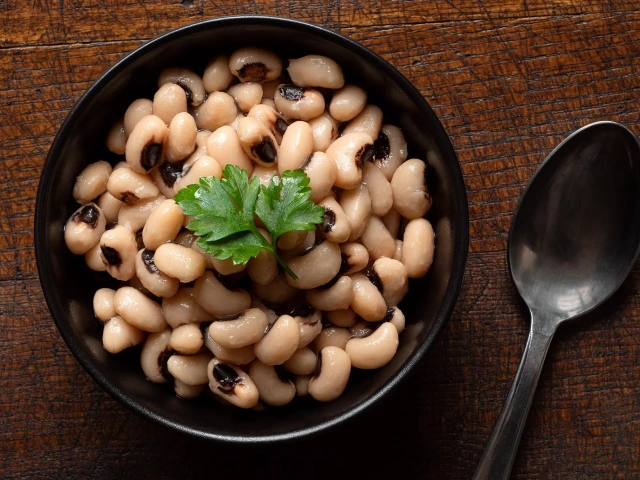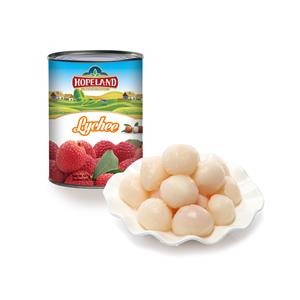Health Benefits of Black-Eyed Peas
What Are Black-Eyed Peas?
Black-eyed peas, also known as cowpeas, black-eyed beans, or goat peas, are beans grown throughout the world. Records show that the bean was brought to the West Indies by enslaved West Africans as early as 1674.
Black-eyed peas are creamy white with black marks or "eyes" outlining where they were once attached to pods. People typically boil black-eyed peas for use in recipes or as standalone side dishes.
Black-eyed peas are famous for being an important ingredient in "Hoppin' John," a popular Southern American dish believed to bring good luck. People have been eating Hoppin' John on New Year's Day for decades, though its origins are a subject of debate.
Like other beans, black-eyed peas are highly nutritious and are a good staple food. Black-eyed peas are rich in fiber and protein, which make them an excellent energy source.
Black-Eyed Pea Nutrition Facts

Many people eat black-eyed peas on New Year's Day for good luck. There's no evidence to back up that claim, but research shows the legume is definitely good for you.
A 1/2 cup of black-eyed peas (cooked) contains:
· Calories: 99
· Protein: 7 grams
· Fat: 0 grams
· Carbohydrates: 18 grams
· Fiber: 6 grams
· Sugar: 3 grams
Black-eyed peas are a rich source of complex carbs, which take longer to digest than simple carbs, provide energy and fiber, and help with weight loss.
Black-eyed peas are also a source of:
· Calcium
· Iron
· Zinc
· Copper
· Folate
· Potassium
· Phosphorous
· Selenium
Black-eyed peas contain antioxidants like flavonoids, which help the body fight disease. The fiber in black-eyed peas helps the body absorb flavonoids and other helpful nutrients.
Health Benefits of Black-Eyed Peas
The vitamins and minerals in black-eyed peas provide significant health benefits. For instance, vitamin K is necessary for blood clotting, making it important for people taking blood thinners.
Here are some other health benefits of black-eyed peas:
Pregnancy health
A 1/2-cup serving of black-eyed peas contains 44% of the recommended daily intake of folate, a B vitamin that helps lower the risk of brain and spinal cord defects in newborn babies.
Final Thoughts
Black-eyed peas are a timeless food that offers far more than meets the eye. From their rich history to their remarkable health benefits, they are a staple food worth keeping in your pantry. Packed with fiber, protein, vitamins, and minerals, they support everything from digestive health and weight management to pregnancy and heart health.
Easy to prepare and incredibly versatile, black-eyed peas are a delicious way to enhance your meals and boost your overall well-being. Whether you’re enjoying a bowl of Hoppin’ John on New Year’s Day or incorporating them into everyday recipes, black-eyed peas are a simple yet powerful addition to a healthy diet.
Add them to your shopping list today and enjoy the numerous benefits they bring to the table!




